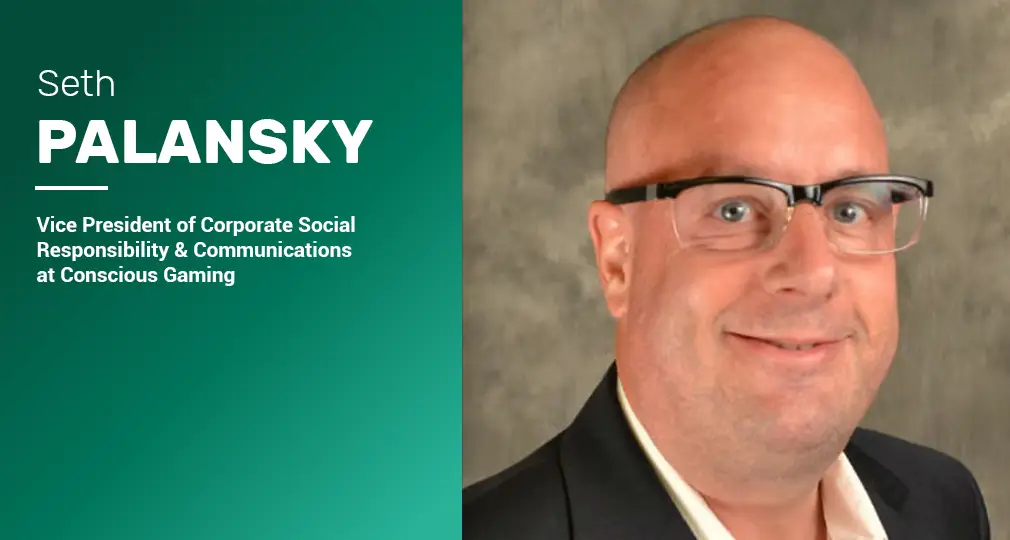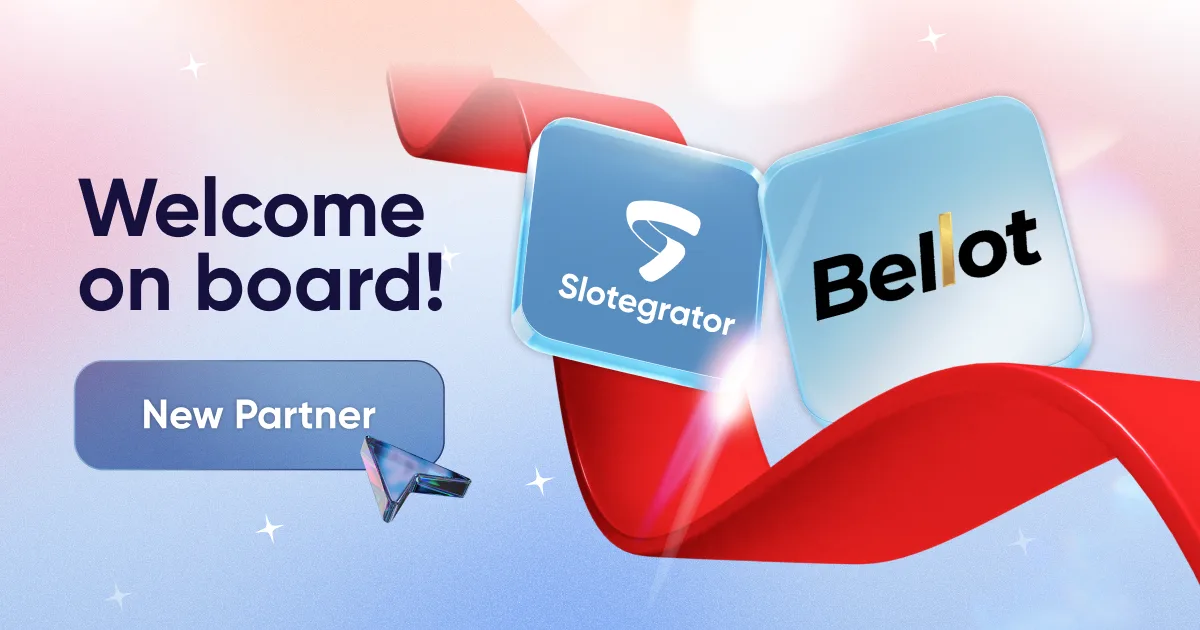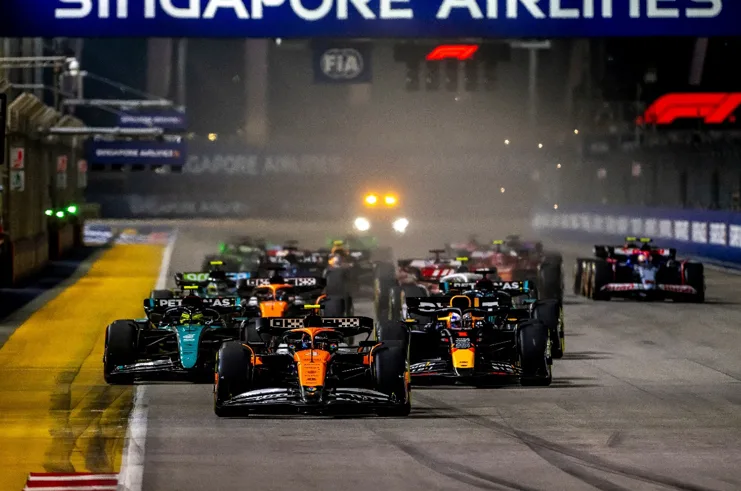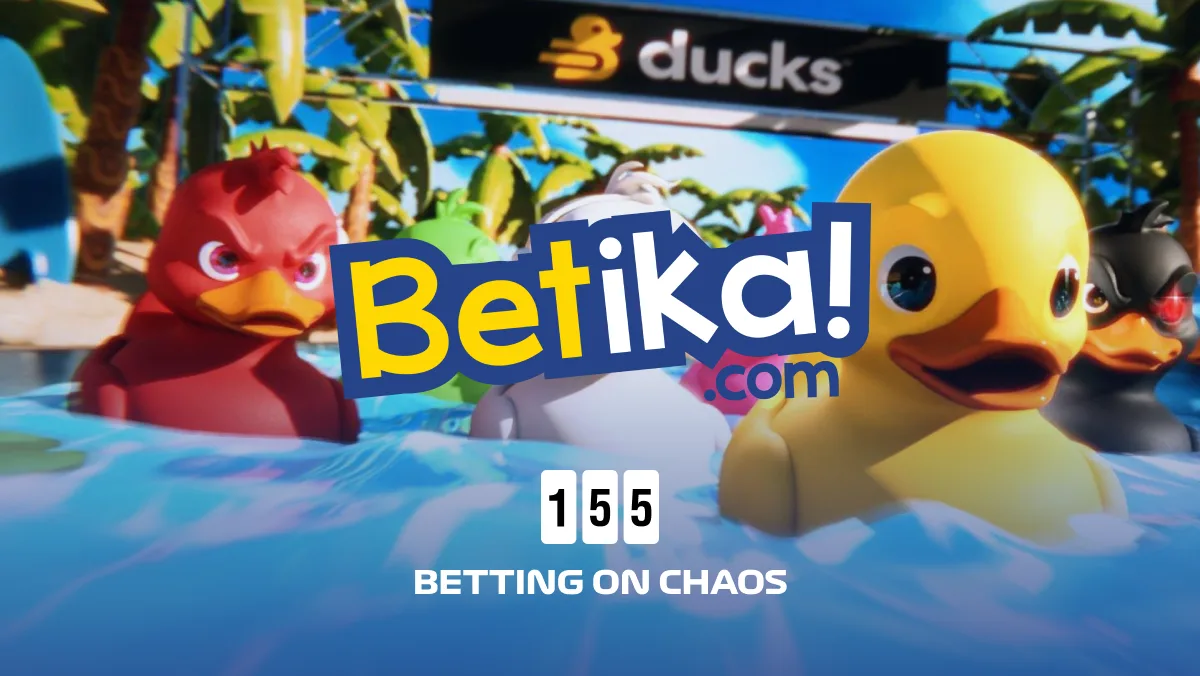Bookmaking is one of the most developed sectors in the gambling industry. Considering the changes brought by the COVID-19 pandemic and an ongoing trend for digitalization, the betting market also doesn’t stay still and is constantly evolving. Even more so if we talk about the wagering industry in the United States.
Seth Palansky, Vice President of Corporate Social Responsibility & Communications at Conscious Gaming, has spoken on the pressing issues, much discussed in the latest bookmaking news.
Seth, what are the biggest changes the sports betting industry is facing in 2021?
The U.S. market opening and going from a completely unregulated market (outside Nevada) to one in which nearly half the states have now legalized remains the focus of most of the industry. Obviously, the U.S. is very well-versed in regulating land-based casinos but adapting rules for online gambling is where a lot of the focus on 2021 continues to be, as regulations are formed and new markets come aboard and stakeholders jockey and form partnerships to enter the space.
Experts state that the illegal betting market has grown amidst the COVID-19 pandemic. What actions can be taken to attract players to the regulated operators instead of the unlicensed bookies?
First, licensing and regulating is the way to go. You cannot curb the illegal market if you do not offer a viable alternative. From there, it takes a collective effort. Australia is a country others can look to for what a smart model looks like. The Australian Media and Gaming Authority (ACMA) is in charge and they do a combination of consumer education, plus they have a law allowing them to ask internet service providers to block gambling websites.
Conscious Gaming recently did a survey in the U.S. focused on two full iGaming states, New Jersey and Pennsylvania. What we found is that there is a lot of confusion amongst consumers. That is why we created the Bettor Safe Consumer Awareness campaign, where we are trying to educate consumers. It is important to point out the risks and downsides of playing on illegal sites and make sure the regulated markets continue to highlight the consumer protections in place. Moreover, there needs to be more collaboration so, for example, the illegal sites cannot get their apps inside the Google Play or Apple App Store. Working with the tech companies, the internet service providers, local and federal law enforcement, regulators, etc.
How can a bookmaking operator ensure effective customer protection? What kind of technology could benefit the process?
The great news today is that iGaming is much easier to put in consumer protections for than land-based gaming. As a digital activity, there is a record of everything. That means the technology can help identify problem gambling and be used to modernize and strengthen self-exclusion. There are some great artificial intelligence and machine learning companies out there with viable products that can be integrated into an operator’s platform, and assess risk on an individual based on their play and other behaviors (like depositing, withdrawing, times of play, etc.) All the tools exist today. Groups like Kindred and Entain seem to be leading here, and we would encourage others to quickly add these technologies to their toolbox as well. Our company is leading efforts on a self-exclusion system for the U.S. called PlayPause that gives consumers protections across state borders and allows for easy self-exclusion sign up and management where it all becomes automated and more robust and effective. Technology is a great equalizer, and it is important that the industry is committed to using it to help reduce the harm gambling can cause.
How can the booking operators combat the match-fixing problem?
Collaboration. Very crucial for the industry to work together. Sports organizations, operators, regulators, law enforcement all need to remain vigilant and play a part. Our PlayPause solution is working with sports organizations to ensure all their insiders/employees cannot place wagers. There are several other organizations like Sportradar and SWIMA and others are all putting forth efforts here, and while it is naive to think you can eliminate it all, technology is crucial in combating it.
Could you describe precautionary measures the operators should take in the marketing vertical?
As a responsible gaming non-profit, we are concerned about the frequency of advertising, the targeting of children and other vulnerable groups. We believe it is important that advertising does carry responsible gaming messaging. It is important operators work with their responsible gaming, compliance, legal and other groups to make sure they have the proper procedures and protocols in place. They must ensure they are taking self-excluded individuals off their marketing lists. We have seen a backlash in several European countries from the oversaturation of advertising, and the U.S. appears to be on a similar trajectory. We would always caution the industry to be proactive and err on the side of less is more.
What are new trends in the bookmaking industry? In your opinion, how will the market transform?
Not too dissimilar to other high growth industries, the sports betting industry is in a growth phase in the U.S. While it seems that everyone is vying for a piece of the action, it is inevitable that there will be winners and losers and consolidation via mergers, acquisitions, and attrition. What exactly the industry will look like on the other side of that in the U.S. will be interesting to see. The U.S. has the benefit of launching later and seeing what other jurisdictions have done, to hopefully learn from and improve upon. We are concerned from a responsible gaming perspective. The accessibility of mobile wagering is showing an increase in problem gamblers. To ensure the sustainability of the industry, the stakeholders must focus more attention and resources on problem gambling and make sure they do a proper job policing themselves, or they will find themselves in a similar situation the UK is currently undergoing.
Read more: Betting Affiliate Programs












